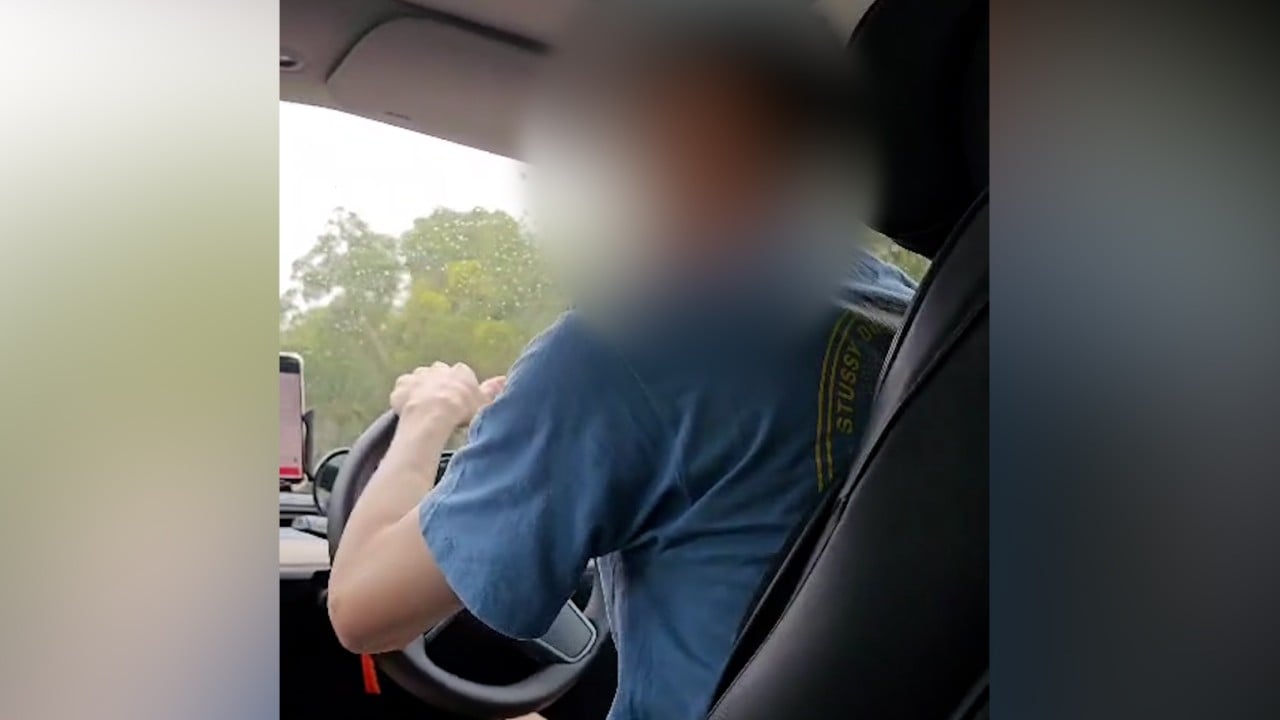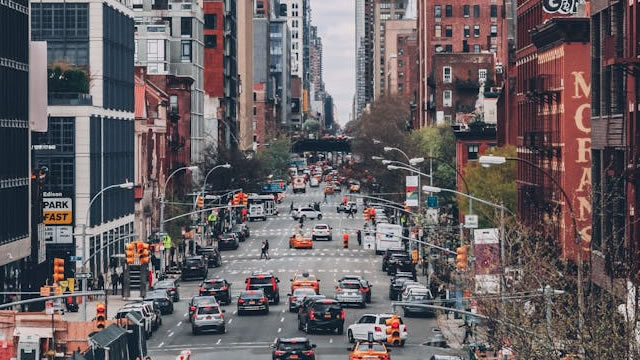The public vs. Hong Kong’s taxi drivers: A never-ending saga
Strained relationships and impending fare increases
For decades, the public and Hong Kong’s taxi drivers have been engaged in a tumultuous relationship, filled with frustration, misunderstandings, and occasional moments of unity. However, this already fragile relationship is set to deteriorate even further with the news of an impending fare increase, a move that is bound to exacerbate tensions on both sides.
It’s no secret that Hong Kong’s taxi drivers have a reputation for being surly, uncooperative, and often unscrupulous. From refusing to pick up passengers to taking unnecessarily long routes, many taxi drivers have garnered a reputation for putting their own interests above those of their customers. This, in turn, has led to a growing sense of resentment among the public, who feel as though they are being taken advantage of by a system that is meant to serve them.
Uber and the grey areas of regulation
Adding fuel to the fire is the rise of ridesharing services like Uber, which have further complicated an already convoluted transportation landscape in Hong Kong. The legality of Uber has long been a contentious issue, with taxi drivers claiming that the service operates illegally and undermines their livelihoods. On the other hand, supporters of Uber argue that the service provides a cheaper and more efficient alternative to traditional taxis, making it a popular choice among many Hong Kong residents.
With the government struggling to navigate the legal grey areas surrounding Uber and traditional taxis, the situation has only become more muddled. Rather than taking decisive action to regulate both industries effectively, the government has been slow to react, leaving both taxi drivers and the public in a state of uncertainty and frustration.
As the debate over Uber and traditional taxis continues to simmer, the impending fare increase is likely to add further fuel to the fire. With tensions already running high between taxi drivers and the public, the fare increase is bound to deepen the divide and exacerbate existing grievances on both sides.
How this will affect me:
As a resident of Hong Kong, the strained relationship between the public and taxi drivers is bound to make my daily commute a more stressful and frustrating experience. With the prospect of higher fares looming, I will have to think twice before hailing a cab, as I weigh the cost against the convenience of reaching my destination quickly. The uncertainty surrounding the legality of Uber only adds to the confusion, making it difficult to know which mode of transportation is the best choice for me.
How this will affect the world:
While the strained relationship between the public and Hong Kong’s taxi drivers may seem like a local issue, it reflects a larger trend that is playing out on a global scale. As ridesharing services like Uber continue to disrupt traditional transportation industries, tensions between taxi drivers and the public are bound to rise in cities around the world. The regulatory challenges faced in Hong Kong are echoed in other cities, highlighting the need for governments to adapt to the changing landscape of transportation and ensure that the needs of both drivers and passengers are met.
Conclusion:
In conclusion, the strained relationship between the public and Hong Kong’s taxi drivers is a complex issue that is unlikely to be resolved anytime soon. With an impending fare increase and the legal grey areas surrounding Uber adding fuel to the fire, tensions on both sides are set to escalate even further. As a resident of Hong Kong, navigating this difficult landscape will require patience, understanding, and a willingness to adapt to the changing dynamics of the transportation industry. Only time will tell how this saga will unfold, but one thing is certain: both taxi drivers and the public will need to find common ground if they are to coexist peacefully in the bustling streets of Hong Kong.





